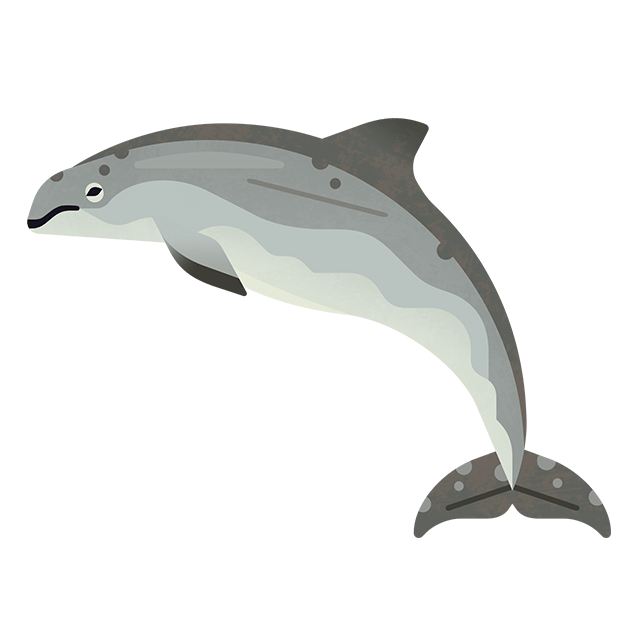
Research report: A call to address PFAS or ‘forever chemicals' in sewage
Research conducted by the Marine Conservation Society and the University of Portsmouth has revealed that sewage discharges are a significant source of PFAS (per- and polyfluoroalkyl substances) pollution in marine environments.
PFAS are a complex group of nearly 15,000 substances used in consumer products around the world since the 1950s. They are found in lots of everyday products, like waterproof coats, cosmetics, and non-stick pans. PFAS are also referred to as forever chemicals, because they do not break down once they enter the environment. Research has demonstrated that PFAS can impact animals’ nervous systems, their immunity, and their ability to reproduce.

The findings
Scientists took seawater samples from Langstone Harbour before and after sewage discharges from a storm overflow. They discovered that PFAS concentrations increased significantly following sewage discharges. Analysis showed that there were eight different PFAS compounds in the water following sewage discharges, compared to just one before. Banned substances like Perfluorooctane sulfonate (PFOS) and perfluorooctanoic acid (PFOA) were found, both exceeding annual average environmental quality standards.
Alarmingly, one particular PFAS, perfluorobutanoic acid (PFBA), was found in seaweed at levels over 6,000 times higher than in the surrounding water. This suggests that seaweed may act as reservoirs for PFAS, potentially affecting marine species that feed on them. This raises huge concerns about PFAS contamination spreading through the food chain.
Global implications of PFAS pollution
The research focused on Langstone Harbour in Hampshire. Langstone Harbour is a Site of Special Scientific Interest, and forms part of the Ramsar site of Langstone and Chichester Harbour Special Protection Area. It’s home to a huge range of bird life, from Redshank to Brent Geese, as well as harbour and grey seals. While the research focuses on this important habitat, it highlights a worldwide problem. Sewage discharges—especially untreated ones—contribute to the accumulation of PFAS in marine environments, posing risks to marine ecosystems and human health.
What can be done?
PFAS are present in a huge range of everyday products. Rather than expecting consumers to know which products include them, we think PFAS pollution needs to be stopped at source. We’re calling for a ban on PFAS where viable alternatives exist.
These findings underscore the need for an urgent ban on PFAS from all uses where there are alternatives. We need the UK Government to properly protect our environment from this preventable pollution.
Dr. Francesca Ginley, Chemicals Policy and Advocacy Manager
This distinction is key. PFAS have essential uses in some applications - e.g. medical equipment or PPE - but for everyday items like non-stick cookware and water-resistant fabrics, safer, more sustainable alternatives already exist.
Making a stand for clean water
The Marine Conservation Society has been at the forefront of campaigns to protect water quality and safeguard marine life. For decades, we’ve fought for cleaner seas through advocacy, research, and public engagement.
On November 3rd, we will be joining over 100 organisations at the March for Clean Water, demanding urgent action from the UK Government to protect our oceans, rivers and lakes. Join the march to demand an end to the pollution of Britain’s waters. If you’re attending, look out for our staff in Marine Conservation Society t-shirts. We’d love you to come and say hello.
If you’re passionate about protecting our seas, join us with a membership and help us make a lasting impact on the future of our marine environments. Together, we can put an end to unnecessary PFAS pollution.


